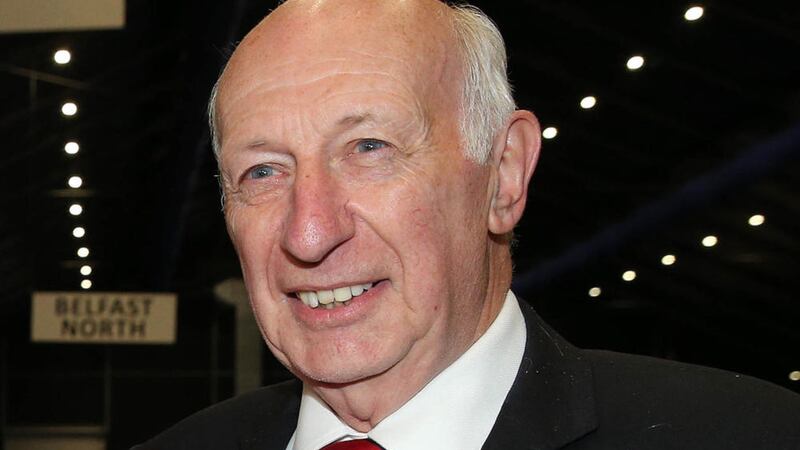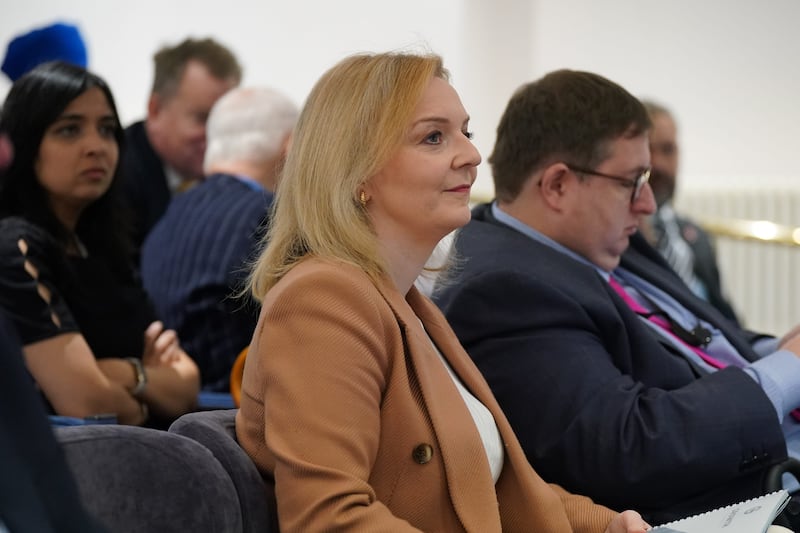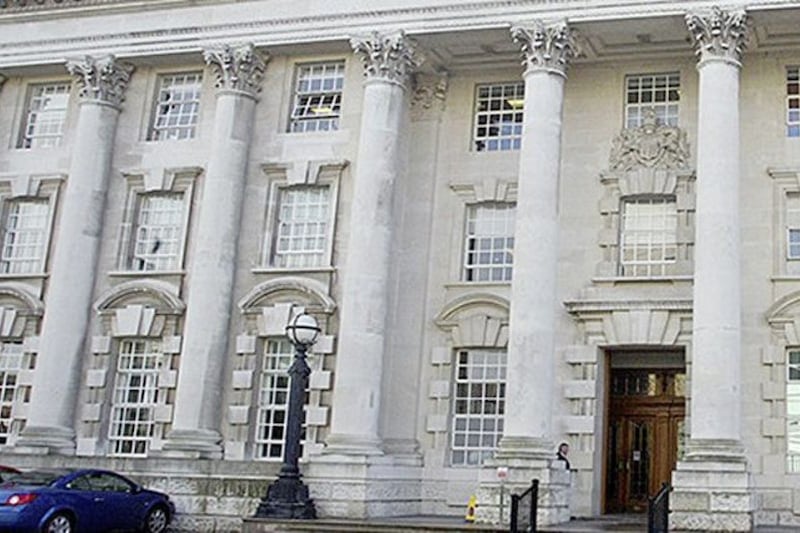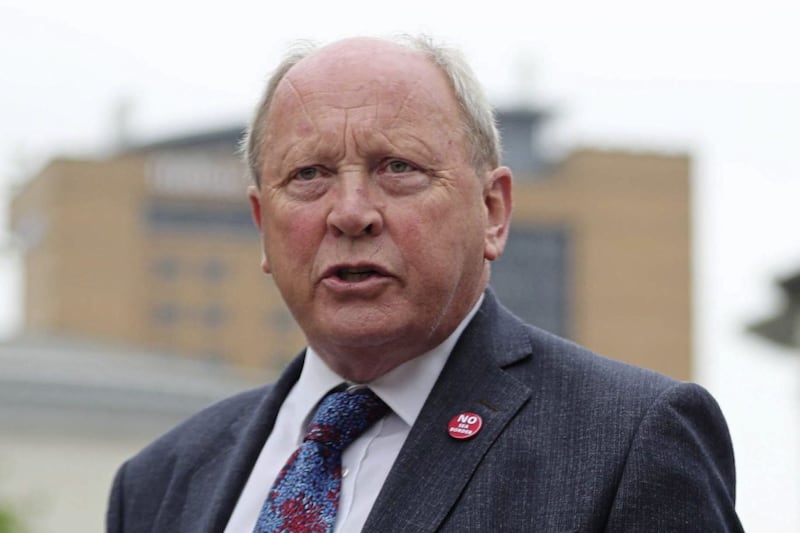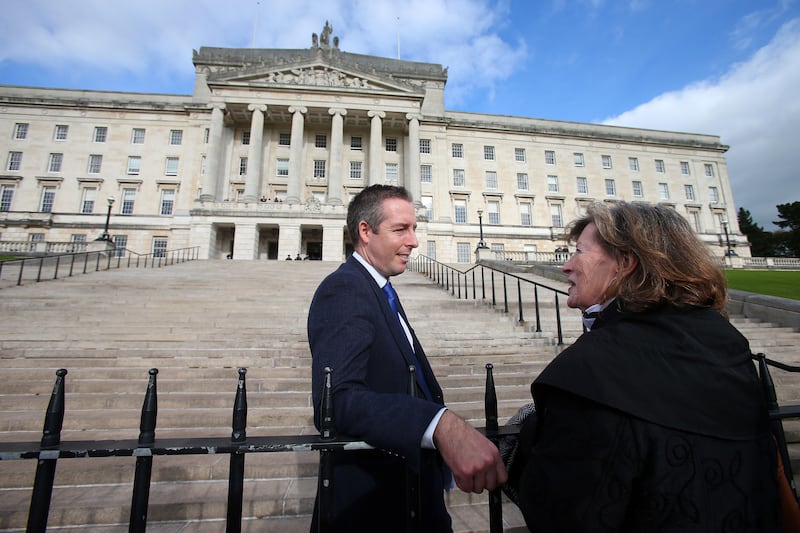STORMONT has called a halt to MLAs bringing forward fresh legislation proposals due to a sudden glut of private members' bills.
Assembly speaker Robin Newton is refusing to accept any further attempts by individual members to draft new laws until a review of the system is completed.
Private members bills are tabled by MLAs rather than government ministers. In recent years they have led to some of Stormont's most controversial law changes, while on other occasions private members bills have been heralded as progressive.
Among the most high profile examples of legislation changes tabled by MLAs and successfully passed by the assembly are Steven Agnew's Children's Services bill, John McCallister's Opposition bill and Jim Allister's Spad bill, which prevents people with convictions being employed as special advisers. However, only a small fraction of those initially proposed ultimately become legislation.
But since the beginning of the new mandate in May, Stormont's bills office has been inundated with proposals from MLAs.
According to the assembly speaker, a total of 19 private members' bills are currently in the system. They include David Ford's proposed reform of the abortion laws, Paula Bradshaw's plans for flag regulation and Alex Attwood's equality bill, which covers same-sex marriage and bridging gender pay gaps.
In correspondence seen by The Irish News, Mr Newtown describes the number of bills as a "record" and notes that it is "close to total of the 25 PMBs (private members' bills) which was supported across the entire duration of the last assembly".
While the speaker suggests the current system was "never designed for this level of demand", he believes Stormont officials can handle the present workload - but only just.
"However, there will also be procedural and practical challenges from the increased interest in PMBs," the speaker writes in a letter to Committee on Proceedings chairman Gordon Lyons.
"I therefore think it would be prudent for our current procedures relating to PMBs to be reviewed and I would ask the committee to consider taking this forward."
Mr Newton says that until the review is concluded the assembly's bill office will not be able to offer to support to MLAs proposing their own changes in law.
"The increase in interest in private members' bills is a positive sign that of members becoming more accustomed to using mechanisms open to them as legislators," he writes.
People Before Profit's Eamonn McCann, who had hoped to table a bill on the establishment of an independent environmental protection agency, said the block "came out of nowhere".
"I'd always assumed the ability and right to move a private members' bill gave role and meaning to being part of the assembly," he said.
"It's the one circumstance in which it would be possible for someone outside the big parties to make a difference."
The Foyle MLA said the temporary halting of tabling private members bills was a "curtailment on the rights of backbenchers".
He said he was determined to pursue a bill that would lead to the setting up of a establishment of an environmental protection agency.
